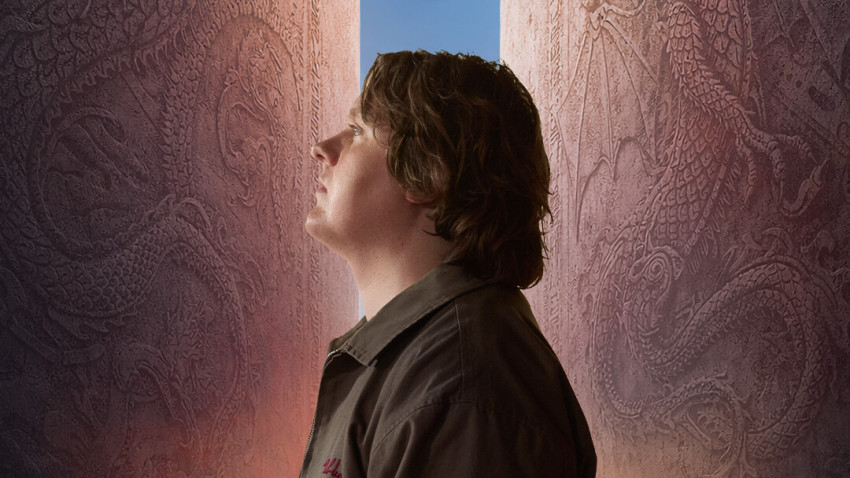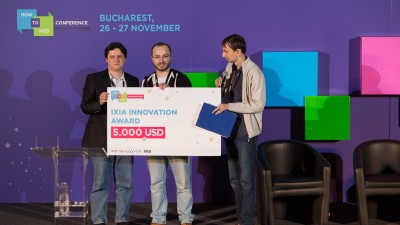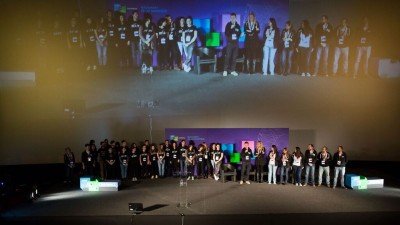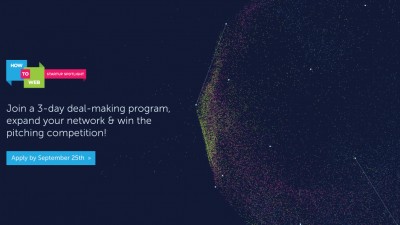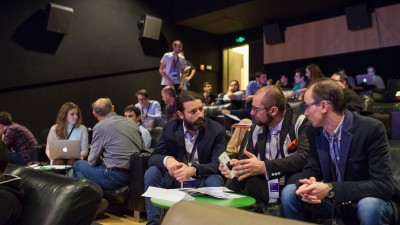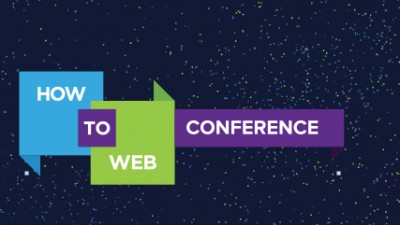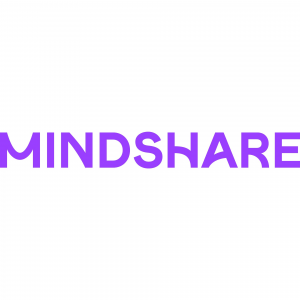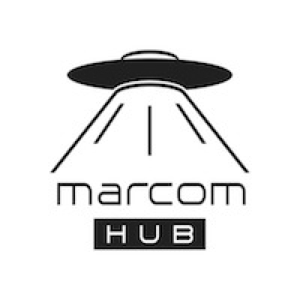In this constant chase after the new trend, in the whirlwind of experimenting with the latest technologies and applications, you can take a step back from time to time to ask: does this technology matter? How will it change things? Robin Wauters, tech journalist & Founder @ Tech.eu, says it’s ok not to jump on the next bandwagon as soon as it arrives.
It’s almost impossible to keep up with everything that’s happening, and considering that this is basically part of my job, I don’t expect the general public to be even close to able to following, says Robin.
Robin was recently in Romania, at How to Web 2023, a conference that brought together over 2,500 participants from 26 countries. On this occasion, we spoke with Robin Wauters about AI, trends in technology and the new ethical frontiers in this field.
How has your perspective on technology changed
The truth is my perspective on technology changes almost on a daily basis. Everything is moving at such a massive speed that it is sometimes hard to cut through the noise and see which technologies are really shaping the future of humanity and our planet in a profound way.
Right now I’m particularly fascinated by deep tech, sometimes (incorrectly imho) referred to as ‘real tech’, which is basically science and research-driven innovations that can have a massive impact on things like healthcare, agriculture, renewable energy, manufacturing, and much more.
As a technology business journalist, I’m of course more interested in the business side of things, but I’m still fascinated by how technology enables a relatively low amount of people to make an outsized impact on a market, an ecosystem or even globally.
The pressure to keep up with all the technological changes
I consume a lot of content, from articles to books, podcasts to event sessions, which helps me keep a general overview of technology trends, or at least the ones I take a personal interest in.
Otherwise it’s almost impossible to keep up with everything that’s happening, and considering that this is basically part of my job, I don’t expect the general public to be even close to able to following.
That said, sometimes it’s ok not to jump on the next bandwagon as soon as it arrives, and take a step back from time to time to ask oneself: does this technology matter, how will it change things, and hopefully for the better? What is this technology actually going to enable, which impact will it have, and who will it be affecting? That’s a good way to stay sane!
The biggest challenges in 2023 concerning people's relationship with new technologies
I think by now, in developed markets, most people will have a general sense of what technology means for them, and what it enables them to do (even if subconsciously, a lot of our daily lives run on ‘invisible technology’ already).
The question is: will these technologies also become available to the billions of people whose lives aren’t yet touched by them in such a massive way, and what will it mean for the world when they do?
The development of AI
There’s no question in my mind that the rapid evolution of AI technology, and the current global hype around its practical implications which adds fuel to the fire, will result in a boom in active and passive usage of machine learning at scale.
Even if AI isn’t necessarily ‘new’ by any means, the current speed and scale of its development are a sight to behold, and I’m particularly fascinated by what that will mean for healthcare, drug development, agriculture and the food industry, the way we source, distribute and use energy, and things like that.
AI’s rise is exciting and scary at the same time, but that goes for any impactful technology.
Have you tried AI applications?
Like most everyone reading this, I’ve played around with a number of AI tools and services, particularly when it comes to text generation, search, image creation and manipulation, and I’m blown away by the possibilities and the creativity that it unlocks with forward-thinking writers, artists and other people within the creative industries.
I think the less visible AI applications, in an industrial or niche professional context, will ultimately prove to have an even bigger impact on our society down the line though, so I’m always interested in companies that have invented new or different ways of working thanks to AI.
AI & ethical boundaries
We should be constantly asking ourselves any questions that come up at any time, hopefully also sparking continuous debate about where we’re heading and what that means for others, the environment, and so on.
I personally don’t have any particularly strong viewpoints on the ethics (and dangers) of AI, but it’s a topic that’s going to be so incredibly important for all of humanity that I would hope that experts from across different fields are looking into that in collaborative fashion these days.
How would you name this chapter in the development of humanity
It depends on what you mean by ‘this period’, but I think advancement in quantum computing will have such a massive impact that I could very well envision it being called the ‘Quantum Age’ in the history books of the future (rather than the ‘Age of AI’ which has been quite some time coming already).







